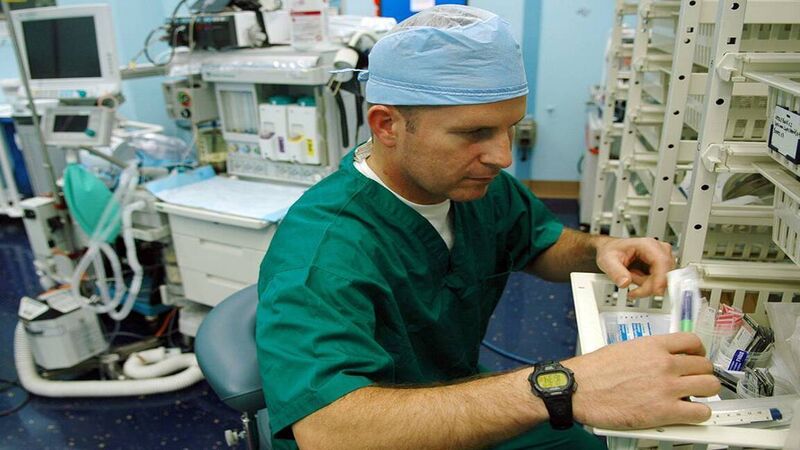Ireland’s 'over-reliance' on foreign-trained nurses and doctors singled out in OECD report

The report found that in 2023 over 40% of doctors in Ireland were foreign-trained.
Ireland’s “over-reliance” on foreign-trained nurses and doctors has been singled out in an OECD report looking at the nation’s health compared to European counterparts.
This is despite the country faring well in terms of the number of new medical graduates per 100,000 population compared to the likes of Germany.













